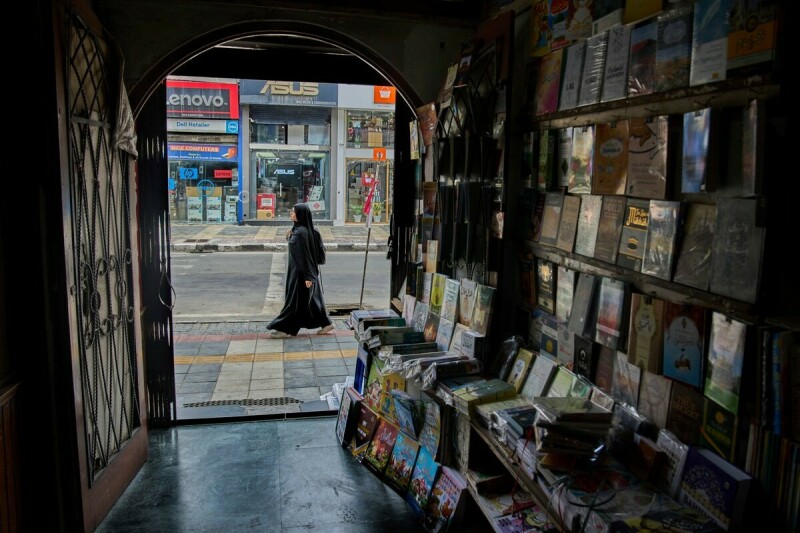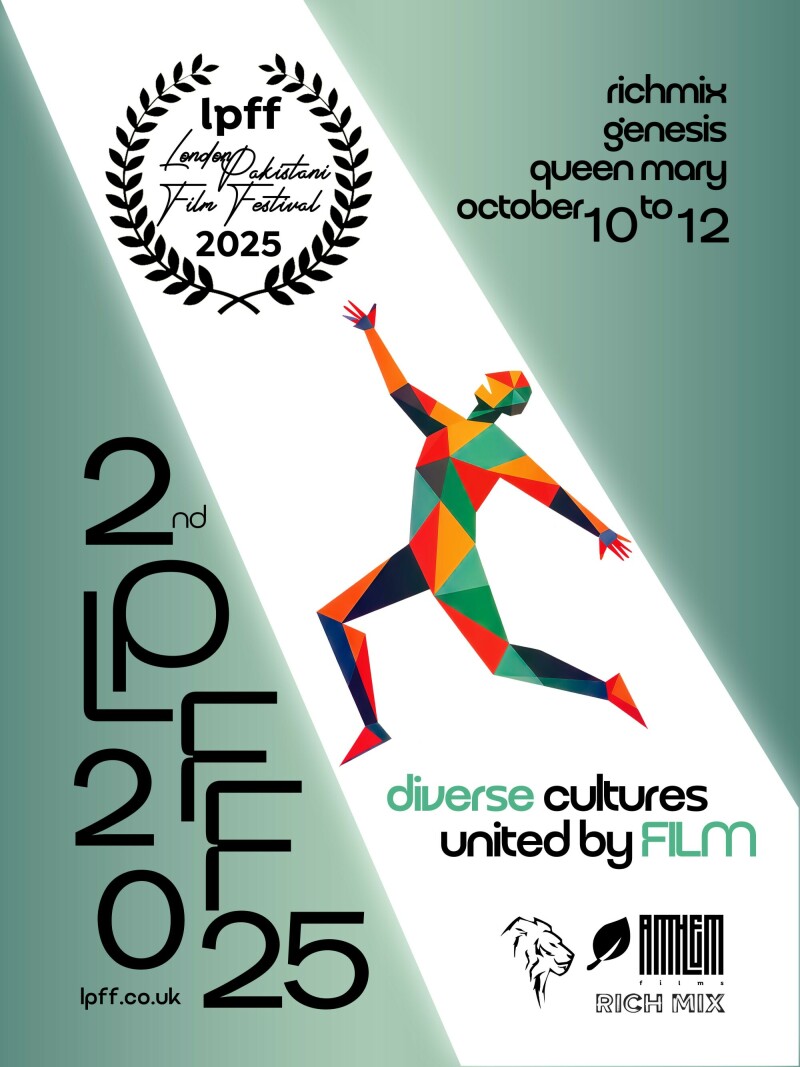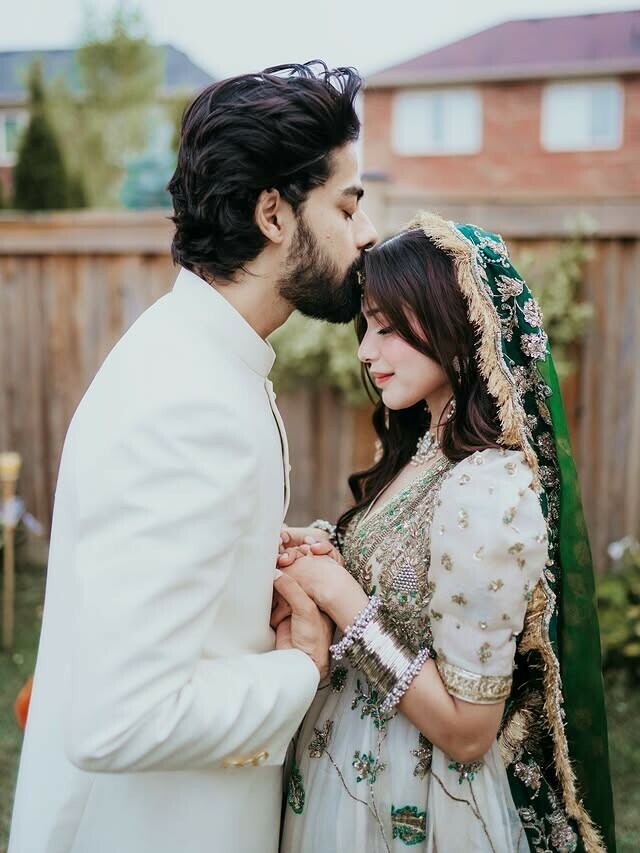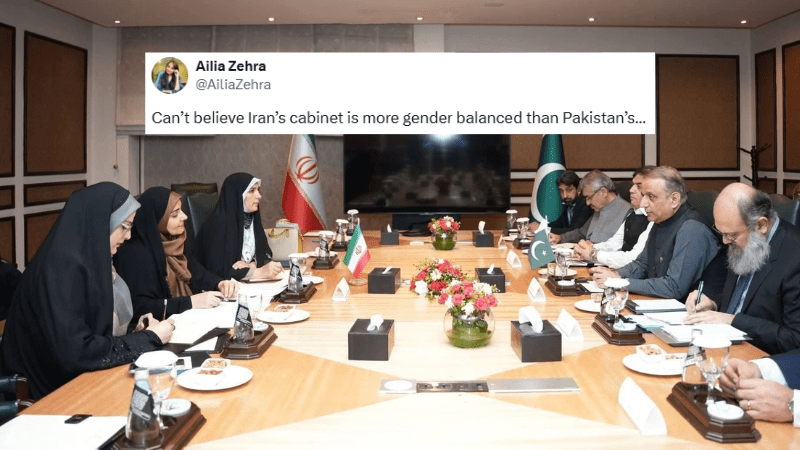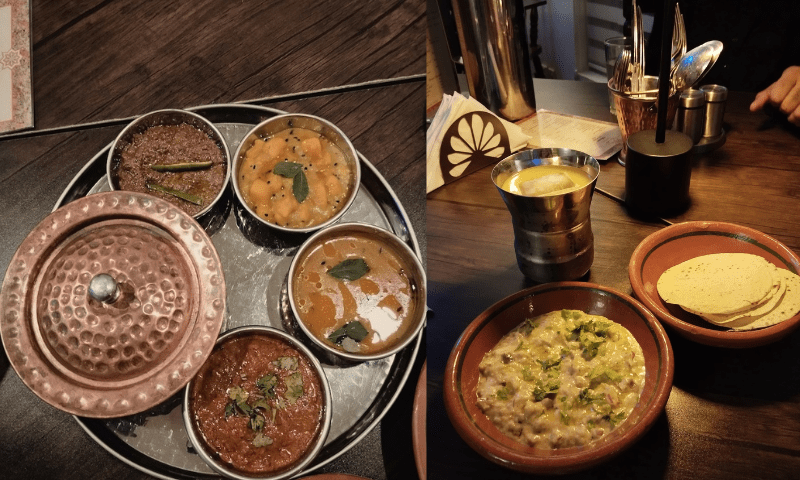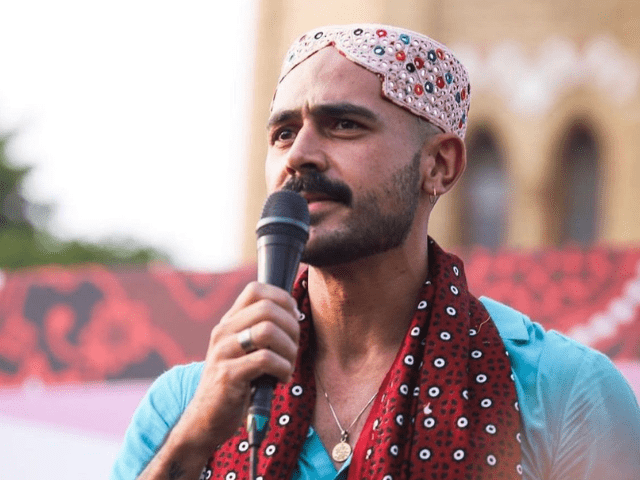Rafay Rashdi resigns as general secretary of Directors Guild of Pakistan at oath-taking ceremony
What may have seemed like an ordinary event of proclamations turned into a drama befitting the business it represents when minutes into the oath-taking ceremony of the Director’s Guild of Pakistan (DGP) on Sunday Rafay Rashdi, the general secretary of the guild, announced his resignation from the post.
“I only thought of the [betterment of the] industry,” said Rashdi, one of the key driving forces behind the association that became the DGP. “Directors aren’t given due respect in the industry. They aren’t recognised, and their names aren’t flashed on social media as much as the producers,” he said, moments before he resigned in an intense speech about why the defence of a director’s rights should be of utmost importance.
The reason for his sudden and dramatic departure minutes after officially taking oath — which is a big statement in itself — wasn’t spelled out at the podium, and it should have raised more than just eyebrows.
According to its press release, the guild — a long-awaited necessity for safeguarding the rights of directors from networks and producers — is dedicated to fostering growth, excellence and collaboration. The association is comprised of renowned directors and industry professionals, and strives to empower filmmakers, advocate for their rights and elevate the standards of film and television in Pakistan.
Around Rashdi were the self-confessed highly ‘selective’ leadership of the DGP — president Misbah Khalid, vice-president Shehzad Nawaz, treasurer Saifee Hasan and key members Wajahat Rauf, Jamshed Mehmood (Jami), Mohsin Mirza, and the young lawyer Waqar Sheikh — who, surprisingly, also stated that he thought about resigning from the organisation during the strenuous two years it took to combat the ‘red tape-ism’ and myriad of other problems they faced.

Sitting in the first few rows were more familiar faces — Zaheer Khan, Usman Peerzada, Nabeel Zafar, Atiqa Odho, Ehtashamuddin and Nadeem Baig — a mix of multi-talented, multi-tasking creatives who direct, produce, and in Zafar and Odho’s cases, head the United Producers Association (UPA) and Actors Collaborative Trust (ACT), two associations similar to the DGP that defend the rights of producers and actors.
Also attending and given a moment at the podium was Rida Bilal, the head of SWAP (the yet-to-be-legally-registered Screenwriters Association of Pakistan), whose minutes on stage were dedicated almost entirely to writers’ issues with the networks and producers, and not on how her union was going to stand with the DGP in an effort to streamline business and creative practices.
Rashdi’s dramatic turn came with a bang — and surprisingly — was snubbed with dismissive nonchalance, almost as if it was expected. Nawaz, who was pulling double-duty as the master of ceremony, sincerely hugged Rashdi while stating that the newly inaugurated guild was not letting him go.
Rashdi later told Images that he has been convinced to man his post until the elections in December, and after that continue as a trustee. This is just a temporary principal body until the membership drive kicks into gear, the press was told. “They’re all seniors and they could have made the guild without me [years ago],” Rashdi said. Why no union has been made in the past 75 years nor legitimate steps have been taken in said direction is a question often asked but never answered.

“I had to prove a point [that one can make a unifying guild], and I did it,” he said. For years Rashdi, a member of the Canadian entertainment union IATSE, and Ismail Jeelani (also co-general secretary, settled abroad), have been instrumental in the grind and graft that established the DGP. Drafting documents, laying memorandums and taking care of the legalities, the legwork was intense — a fact this writer can testify over the years.
Another fact — and a principal reason for establishing the DGP — was its unique vision to support and nurture upcoming talent, which, unfortunately, wasn’t discussed during the oath-taking ceremony. The press was told that a formal function and address will happen in the coming months, and that this was just the first step.
“My ambition for the directors’ guild was to always induct young, new-age directors, who we can groom. I don’t think I will ever be able to do that,” explained Rashdi. “[The DGP was not] to be restricted to people who have been a part of the industry. The idea was to expand the guild’s horizon to new people, to new visions, to new ideas — which I don’t think will happen at this moment. DGP cannot prosper if the guild does not add new blood,” he said, citing the absence of names like Kamal Khan, Asim Abbasi and Seraj Us Salikin — directors behind films Laal Kabootar, Cake and the upcoming Madaari.
Rashdi fears that the DGP may very well end up like other similar industry organisations and unions, where novel initiatives rarely gain traction.
Misbah Khalid dismissed Rashdi’s apprehensions to “boggled-down fatigue” of the last-minute rush to get things in order. “Rafay has been an integral part of the team — a lot has happened because of him,” she acknowledged, recalling the intense, prolonged effort it took to make this guild.
The DGP president also pointed out upcoming initiatives, which include a Directors Development Programme to nurture and mentor young directors, along with the expected laundry-list of tasks that include networking events that will foster domestic and international collaborations, advocacy of rights, including fair renumeration and creative freedom, and, in time, educational incentives, scholarships and grants.
“This is the first time that a guild for directors have been formed in Pakistan, so we’re focusing on the positives,” she told Images.







